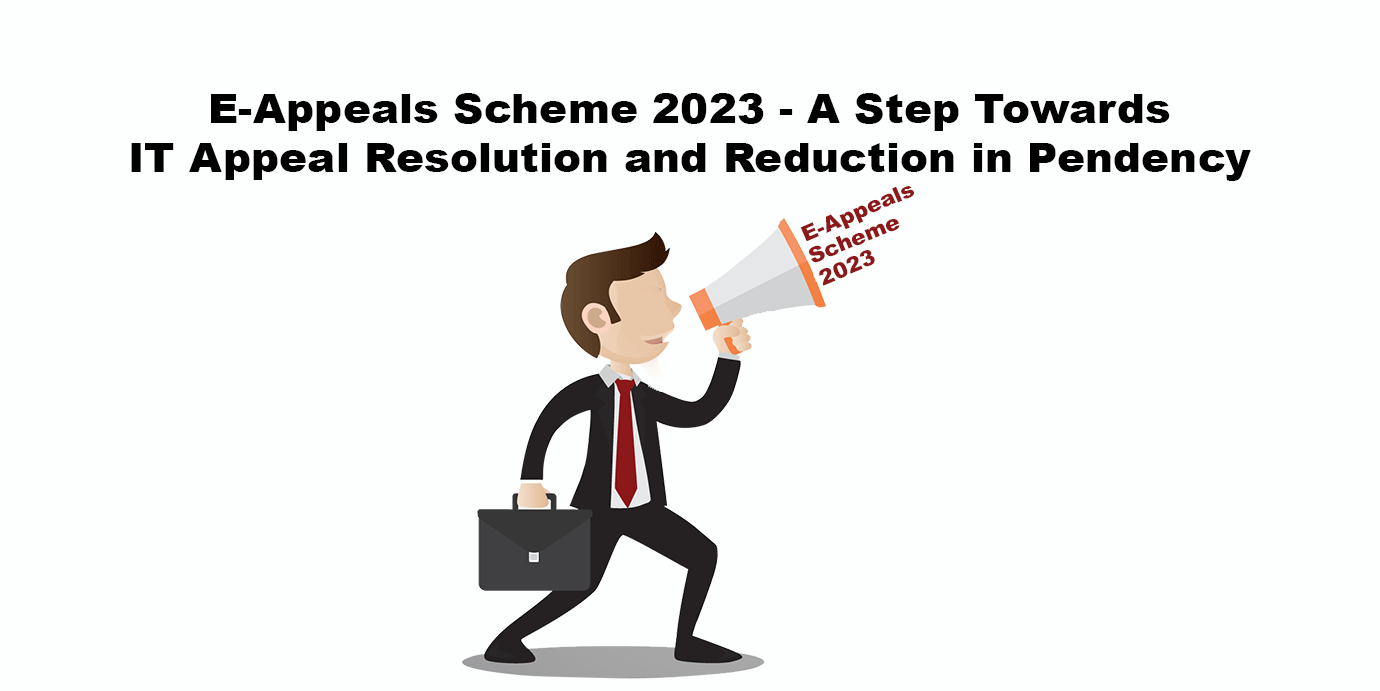Earlier, it was the Commissioner (Appeals) who was the first appellate authority for a taxpayer or an aggrieved assessee to file appeal against an order. Hence, Commissioner of Appeals were invariably overburdened with huge pendency of appeal cases.
Therefore, the Finance Ministry has introduced the e-Appeals Scheme, 2023 under which aggrieved assesses can appeal against certain orders passed by an assessing officer below the rank of JCIT, before Joint Commissioners (Appeals). The appeal cases will be allocated in the rank of joint commissioners and additional commissioners.
In order to effectively implement the e-Appeals Scheme, the CBDT plans to deploy approximately 100 joint commissioners from the income tax department. These officials will work closely with the Joint Commissioner (Appeals) to ensure the smooth functioning of the scheme and timely resolution of appeals.
Difference between the existing Faceless Appeals Scheme 2021, which covers appeals before the Commissioner of Income-Tax (Appeals) and the e-Appeals Scheme 2023 is that Faceless Appeals Scheme involves communication through the National Faceless Appeal Centre (NFAC), whereas the E-Appeals Scheme allows direct communication between the JCIT(A) and taxpayers through a dedicated portal Scheme without any involvement of the NFAC. Such direct communication will help in a speedy flow of information and will contribute to efficient appeals resolution.
Also, in order to eliminate the cumbersome paperwork and to reduce delays, there would be electronic filing and processing of appeals under the new scheme. This transition to digital platforms will ensure better user-friendly and more convenient experience to the taxpayers. E-Appeal Scheme aims to address smaller issues mainly relating to TDS defaults, the processing of return of income orders, amongst others and reduce the pendency of appeals in such categories.
An appeal against an order of JCIT (Appeals) will lie before the Income Tax Appellate Tribunal, which has jurisdiction over the assessing officer of the assessee. It is a very good initiative by the CBDT providing a more transparent and accessible platform for a more effective and speedier disposal of pending matters.





